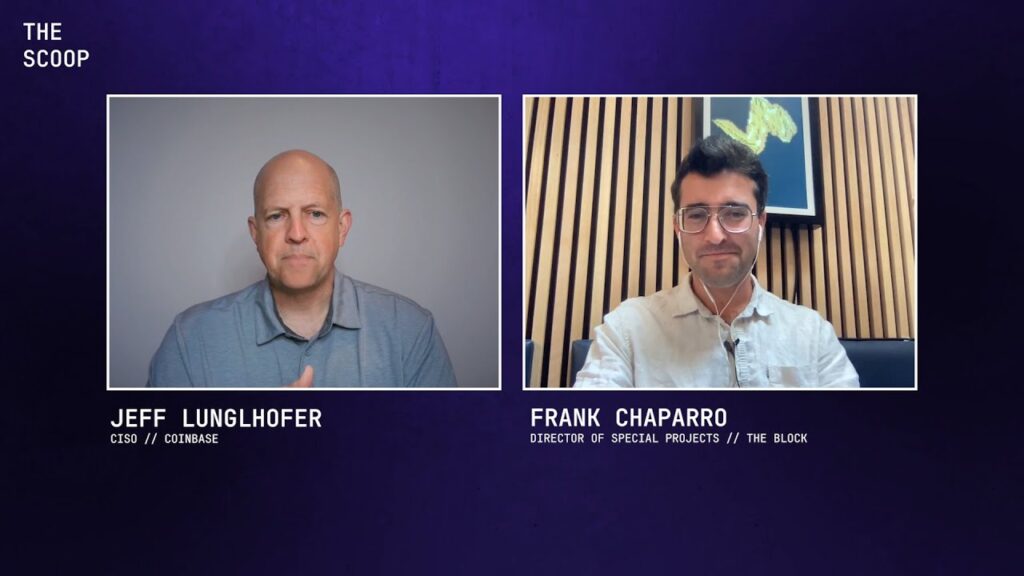Research Summary
The report discusses Coinbase’s appeal to the SEC regarding the classification of digital asset transactions, Paradigm’s challenge to the SEC’s “Dealer Rule”, Roman Storm’s reply to the government’s opposition to his motion to dismiss, and the passage of the Financial Innovation and Technology for the 21st Century Act (FIT21) in the House of Representatives.
Key Takeaways
Coinbase’s Appeal to the SEC
- Legal Question: Coinbase has filed a reply brief in support of its motion for an interlocutory appeal on whether a digital asset transaction with no post-sale obligations can be an “investment contract” under the SEC’s jurisdiction. This is a novel legal question that could significantly impact the multi-trillion-dollar industry.
- Expedited Appellate Review: Coinbase argues that an expedited appellate review is warranted due to the clear and controlling nature of the question and the substantial ground for difference of opinion. A successful interlocutory appeal could lead to the dismissal of most of the SEC’s claims against Coinbase.
Paradigm’s Challenge to the SEC’s “Dealer Rule”
- Amicus Brief: Paradigm has filed an amicus brief in support of the Crypto Freedom Alliance of Texas and the Blockchain Association in their lawsuit challenging the SEC’s new regulatory definition of “dealer”. Paradigm argues that the ambiguities of the Dealer Rule would improperly categorize digital asset industry participants who fall within the statutory “trader” exception as “dealers”.
- Compliance Requirements: The brief also argues that the act of having to register as a dealer is impossible for the digital assets industry and the compliance requirements that traditional security dealers have to comply with would be impossible for digital asset participants to meet as well.
Roman Storm’s Reply to the Government’s Opposition
- Reply to Opposition: Roman Storm has filed a reply in support of his motion to dismiss the indictment against him in the criminal case, United States v. Storm. Storm argues that the government failed to address certain arguments and made multiple factual concessions in their opposition.
- Legal Issues: Storm contends that only pure legal issues remain, which the court can adjudicate without the need for a trial. Most of the issues boil down to legal rather than factual disagreements, especially regarding interpretation of “money transmitting” and sanctions law.
Passage of FIT21 in the House
- Regulatory Framework: The Financial Innovation and Technology for the 21st Century Act (FIT21) passed the House of Representatives with a bipartisan vote of 279-136. FIT21 establishes federal rules categorizing “digital assets” into digital securities and digital commodities, and includes a test for decentralization to clarify which regulator will oversee digital asset projects.
- Opposition: Before its passage, SEC Chairman, Gary Gensler, wrote a public letter to Congress warning the bill “would create new regulatory gaps and undermine decades of precedent regarding the oversight of investment contracts, putting investors and capital markets at immeasurable risk.”
Actionable Insights
- Monitor Legal Developments: The ongoing legal disputes involving Coinbase, Paradigm, and Roman Storm highlight the need for businesses and investors in the digital asset industry to closely monitor legal developments and understand their potential implications.
- Understand Regulatory Changes: The passage of FIT21 in the House represents a significant step towards regulatory clarity for the digital asset industry. Stakeholders should familiarize themselves with the provisions of the bill and prepare for potential changes in the regulatory landscape.
- Consider Legal Risks: The legal challenges faced by Coinbase and Roman Storm underscore the legal risks associated with digital asset transactions. Businesses and investors should consider these risks when making decisions in the digital asset space.












